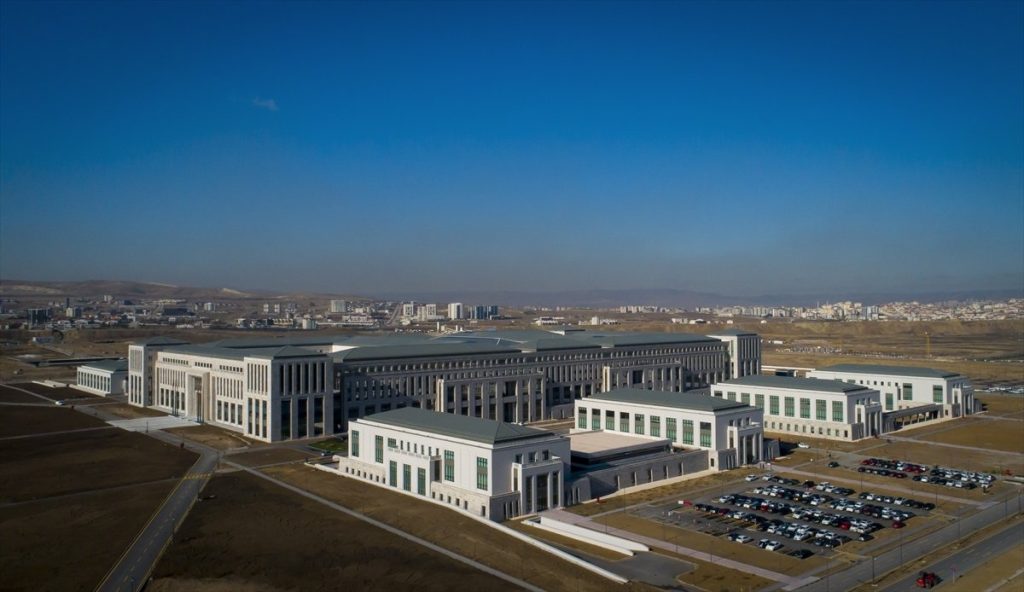The National Intelligence Organization (MIT) of Türkiye saw more than 44,000 job applications, mainly from people between the ages of 20 and 30, last year. The number is more than double the number of applications in 2023, according to Anadolu Agency (AA).
Naturally, the secretive government agency has slightly changed its public image in recent years, while its counterterrorism operations, though with scarce details, are more public nowadays. The rising profile of the agency under its former director, Hakan Fidan, who now serves as foreign minister, and his successor, Ibrahim Kalın, are tied to more openness in the past years. TV shows partly based on the exploits of MIT members also made the organization more attractive.
MIT also updated its website, adding more content about the history and the nature of its activities, eventually leading to the number of online visitors doubling to 5.1 million in 2024. The most popular sections of the website were “career” and “applications,” as well as the founded MIT Academy. Another section on tip-offs also drew visitors seeking to notify authorities about activities of terrorist groups, smuggling gangs, etc. In 2024, MIT received more than 111,000 tip-offs, particularly about the Gülenist Terror Group (FETÖ), the PKK/YPG and Daesh. An unspecified number of tip-offs led to operations in Türkiye and abroad through coordination between MIT and law enforcement agencies. Last year, MIT also received tip-offs in English, German, French, Russian and Arabic.
The intelligence agency marks its 98th anniversary this year. Although it traces its roots to Teşkilat-ı Mahsusa (literally, Secret Organization) founded in 1913 during the final years of the Ottoman Empire, MIT, in the modern sense, was conceived in 1927 upon orders of Mustafa Kemal Atatürk, founder of the Republic of Türkiye. It was called the National Security Service, or MEH, back then. MIT rose its profile during the Cold War when Türkiye was aligned with the Western alliance against the Soviet Union. This cooperation led to the MEH’s valuable intelligence work in the Balkans in particular. In 1965, MIT was renamed to its current name.
Along with usual intelligence work, MIT was also involved in intelligence diplomacy, especially in diplomatic processes such as the Astana talks, which sought a resolution of conflict in Syria. Since 2019, it has started making its operations more public, especially against PKK operatives in Iraq and Syria, as well as operations against Daesh and FETÖ. The organization also stepped up operations against foreign spies and, last year alone, coordinated the capture of 66 suspects accused of leaking information to foreign intelligence services from China and France to Israel.
In August 2024, MIT was the talk of the international community after the biggest prisoner swap between multiple countries since World War II. Twenty-six people were exchanged between Russia and the United States from countries aligned with each superpower during an operation concluded at Esenboğa Airport in the capital Ankara.


